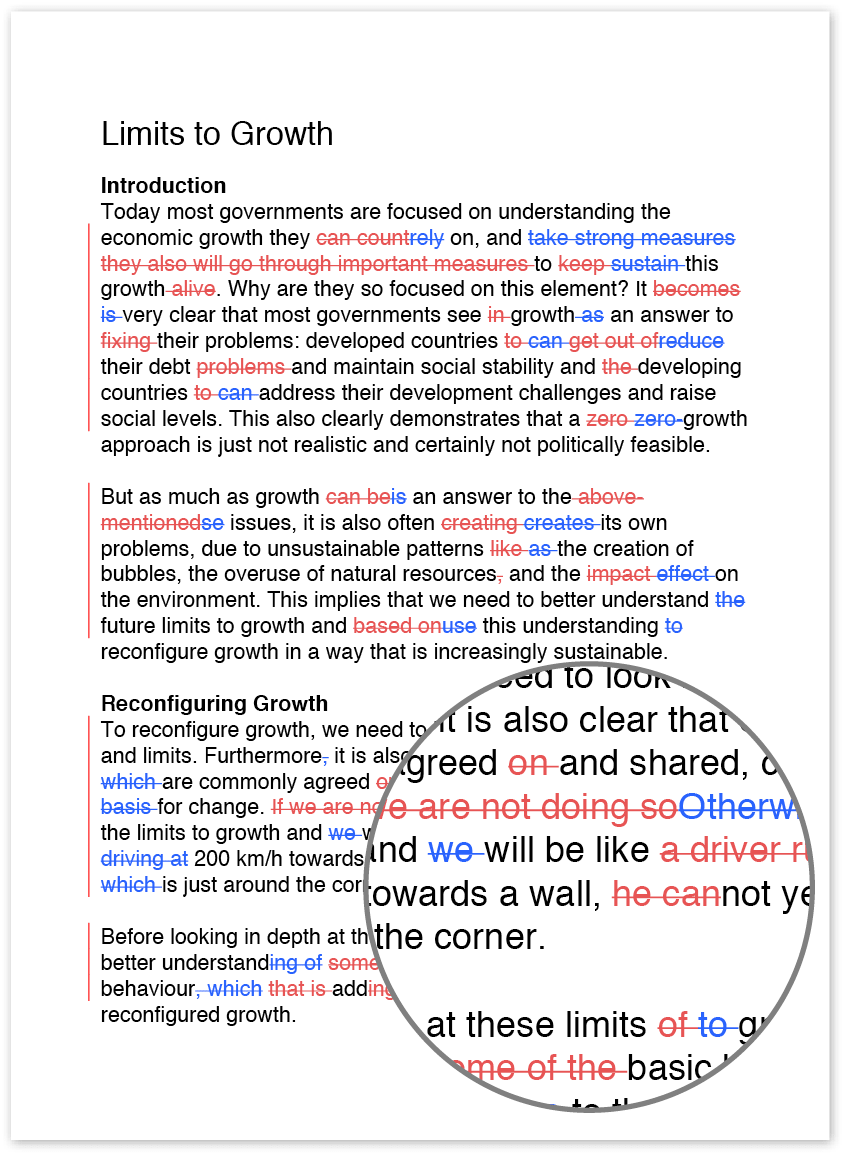How to be creative in writing
Many of us dream about writing a great work of fiction or a collection of poems or short stories. However, the reality is that writing a successful novel or any other type of creative work can be hard. It doesn’t have to be, though. We’ve compiled the following tips to help you as you begin writing.
Where do you get your ideas?
Most authors don’t like the question ‘Where do you get your ideas?’ It’s not that they don’t want to share their great sources, though. Writers simply get ideas from everywhere. You might get a great idea from a snippet of conversation you overhear in the grocery store or from a headline you see in a magazine. Ideas can come from anywhere, and they can come at any time.
To make sure you don’t forget the great idea you have in the store, keep a notebook with you or use a note-taking app on your smartphone. Jot down the details of your idea so you can come back to it when you have time to flesh it out.
Coming up with a great opening line
You may have seen lists of the greatest opening lines in novels, which may have led you to worry about coming up with an outstanding opening line that hooks readers as soon as you sit down to start writing. However, many, if not all, of the authors on those lists likely didn’t come up with those great opening lines right off the bat.
It’s common for authors to create a very rough draft or outline of their story that hits major story points and then come back to fill in the details. Likewise, an author may conceive a character or a world first and then build the story around it. As you develop your story, you might just come up with that amazing opening line.
Just keep writing
Even though you may not feel like it, it’s important to write regularly and consistently. Determine the time of day at which you’re most productive and then set aside time then each day to write. If you already have a full-time job, which most writers do, you can write in the morning before work or in the evening before you go to bed.
Even if you’re not writing for the novel or short story you’re working on, write something each day to keep your creative writing muscles limber, so to speak.
If you’re experiencing writer’s block, try searching for a writing prompt online and responding to it. You might just need to take some time away from thinking about the story that has you stumped to come up with a brilliant solution.
Edit your work
Once you’ve completed a draft of your work, make sure you edit it. Go back and check for inconsistencies in the plot, characterizations and narrative as well as grammar, spelling and punctuation. For example, you should make sure you maintain the same point of view throughout the text, unless you are writing from different characters’ points of view.
If you are, make sure the transition from one point of view to another is clearly defined to avoid confusing readers. Likewise, make sure your characters’ names are spelled the same way throughout the text. In addition, check to make sure that you start a new paragraph whenever a new character speaks, that you’ve enclosed all direct speech in quotation marks and that your dialogue isn’t long-winded or stilted (unless the character would actually speak in that way).
Some writers choose to use alternative spelling or grammar for style reasons, but too much can confuse or overwhelm readers. If you use alternative spelling or grammar, you must use it consistently.
Getting feedback
While some writers wait until their story is done and then submit it to publishers, it can help immensely to obtain feedback as you’re writing—but that doesn’t mean just giving your story to your family and close friends to have them read it. They may avoid giving constructive criticism out of a desire to avoid hurting your feelings.
While family and friends can certainly help by providing ideas, it’s also helpful to give your work to readers who are more objective for feedback. You may wish to consider joining a writer’s group, whether it’s an in-person group or an online group. In these groups, members share their work and provide positive and negative feedback, thus helping each member become a better writer.
You should also have someone else read your work for basic editing purposes, such as catching any spelling, grammar, punctuation or formatting errors.

